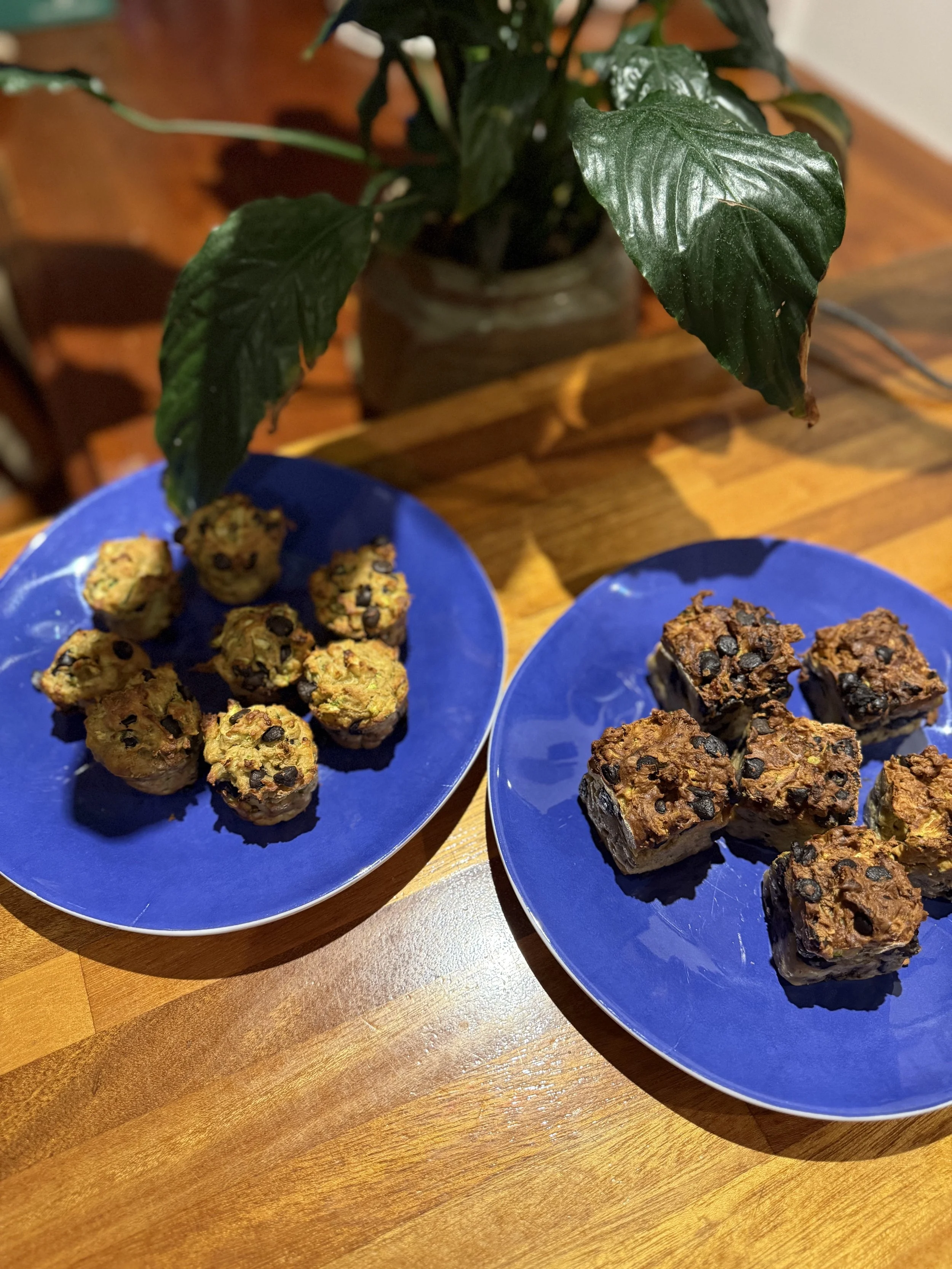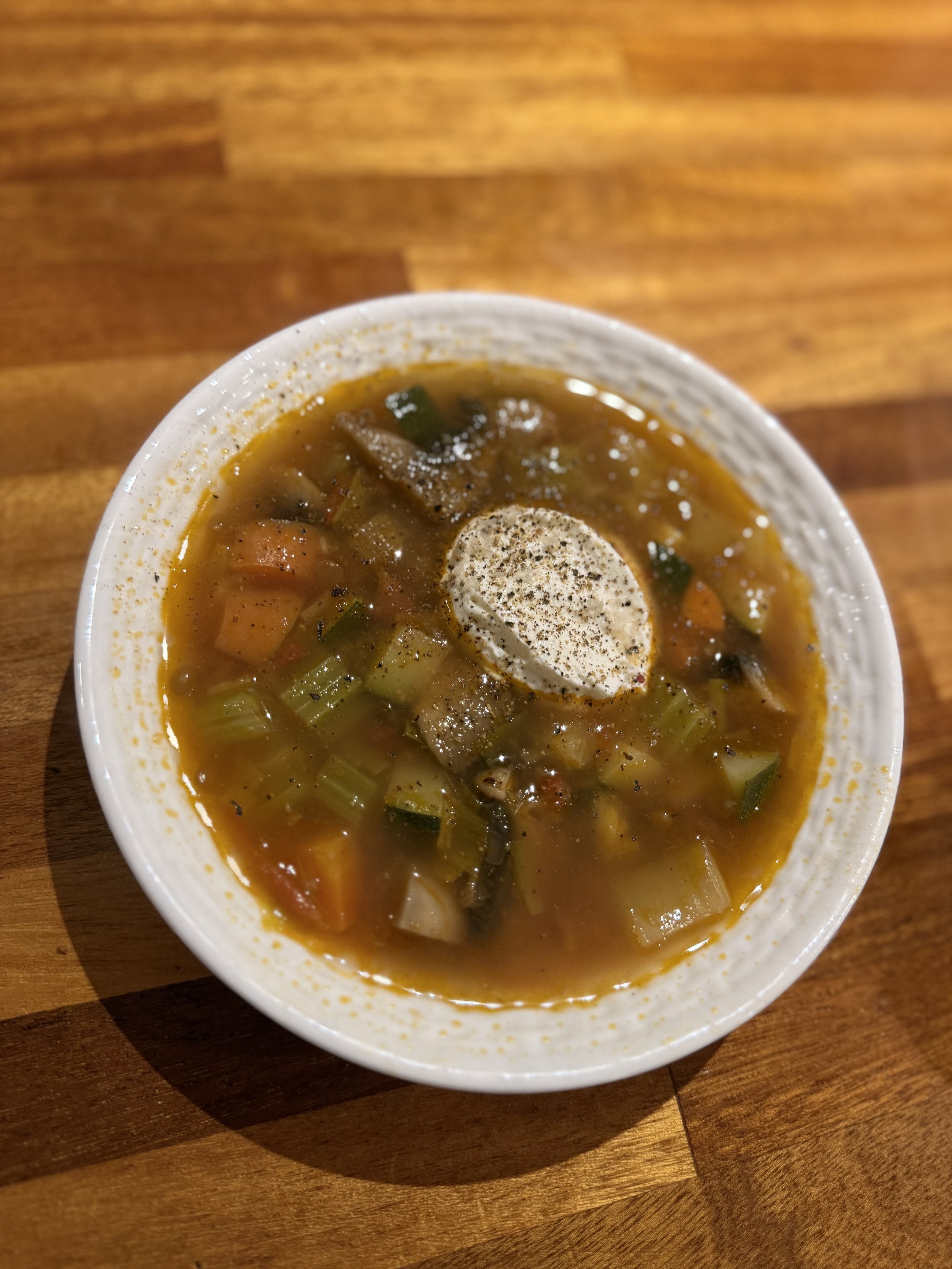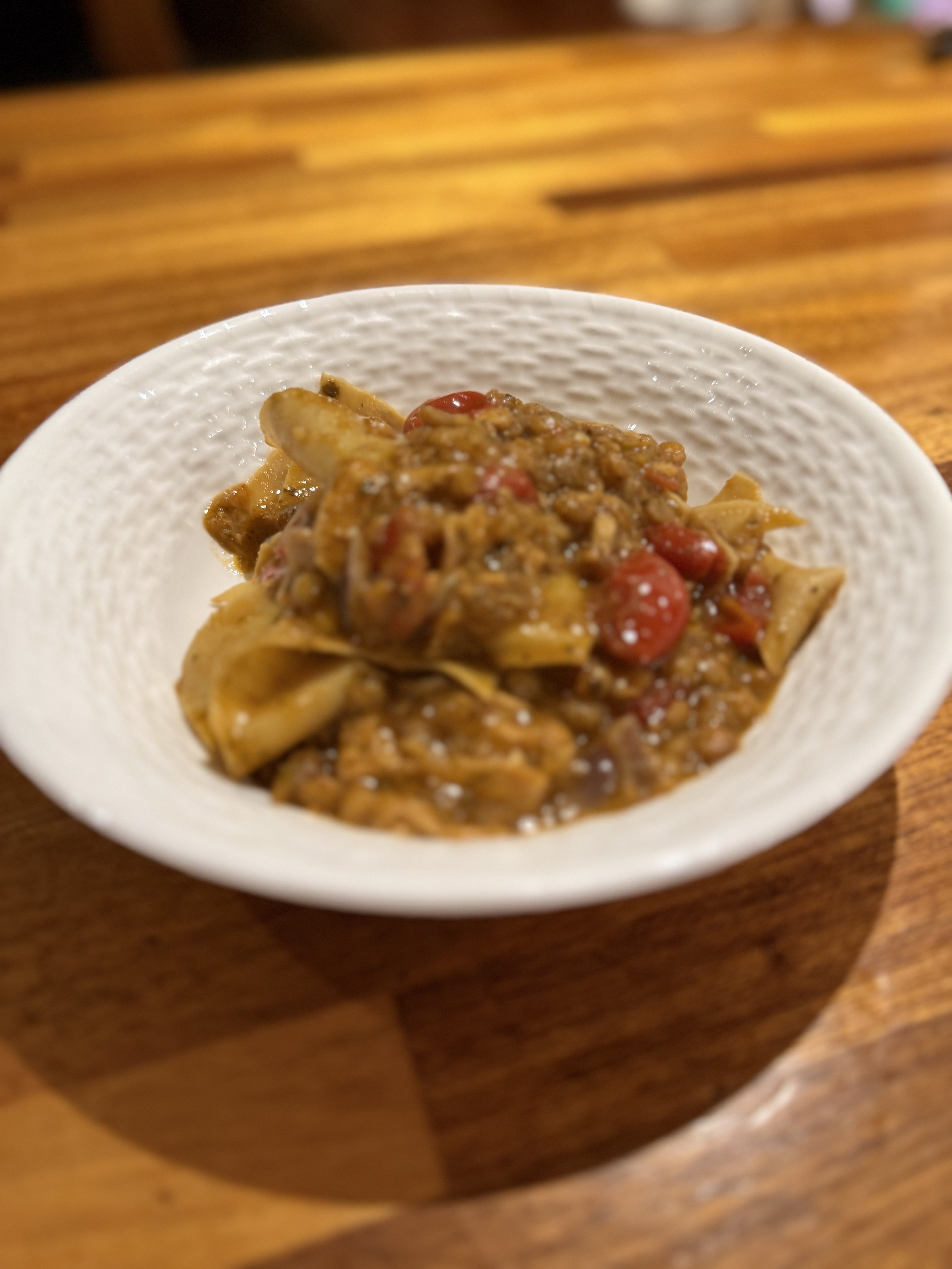WEIGHT MAINTENANCE RECIPES
Recipes for weight maintenance prioritise balanced and sustainable eating habits to support a healthy body weight without drastic fluctuations.
The rationale behind these principles is rooted in promoting overall well-being and preventing unwanted weight gain:
Balanced Macronutrients: Creating meals with a balance of carbohydrates, proteins, and healthy fats ensures that the body receives essential nutrients for optimal functioning. This balanced approach helps stabilise blood sugar levels, providing sustained energy and reducing the likelihood of excessive calorie consumption.
Colorful Vegetables: Packed with essential vitamins, minerals, and fiber, colorful vegetables contribute to overall health. The fibre content promotes satiety, aiding in portion control and supporting digestive health.
Lean Proteins: Incorporating lean protein sources helps maintain muscle mass, which is crucial for a healthy metabolism. Adequate protein intake also promotes a feeling of fullness, reducing the temptation to overeat.
Whole Grains and Low GI Carbohydrates: Choosing whole grains and low glycemic index (GI) carbohydrates provides sustained energy, minimising the risk of diabetes and insulin resistance. This helps in avoiding energy crashes and subsequent overconsumption of calories.
Portion Awareness: Being mindful of portion sizes prevents overeating and encourages a healthy relationship with food. Using smaller plates and listening to hunger and fullness cues foster a balanced and controlled approach to eating.
Smart Snacking: Opting for nutrient-dense snacks with protein instead of processed foods supports weight maintenance. Protein-rich snacks contribute to satiety and help control overall calorie intake.
Hydration: Staying well-hydrated with water and herbal teas promotes overall health and can aid in weight management by preventing unnecessary snacking. Infusing water with citrus slices or cucumber adds flavor without added calories. Herbal teas are also great in cooler weather.
Incorporating these principles into a variety of flavorful recipes makes weight maintenance both enjoyable and sustainable. It's crucial to emphasise long-term lifestyle changes, including regular physical activity and addressing psychological barriers such as stress management tools that aren't food-related. This comprehensive approach contributes to a healthy and balanced lifestyle.
The food we eat helps us to maintain health and manage medical conditions. A balanced, nutrient-rich diet profoundly influences the body's functioning and overall well-being.
1. Nutrient Content: Foods contain essential nutrients vital for body functioning, growth, and health maintenance.
2. Disease Prevention: A diet rich in fruits, vegetables, whole grains, and lean proteins lowers the risk of chronic diseases like heart disease, diabetes, and certain cancers.
3. Inflammation and Immunity: Certain foods, such as fruits, vegetables, and omega-3 fatty acids, have anti-inflammatory properties that boost the immune system.
4. Gut Health: Foods with probiotics and prebiotics support a healthy gut microbiota, impacting digestion, nutrient absorption, and immune function.
5. Energy and Mental Health: A balanced diet provides energy for daily activities and influences neurotransmitter production, affecting mood and cognitive function.
6. Weight Management: A nutritious diet and regular physical activity are crucial for maintaining a healthy weight.
7. Individualised Nutrition: Recognising individual nutritional needs based on factors like age, gender, genetics, and health conditions is crucial.
Adopting a balanced, nutrient-dense diet is essential for overall well-being, preventing, and supporting the management of health conditions. It does not replace the need for some medications but it can assist in ensuring optimal health with less medical intervention.




